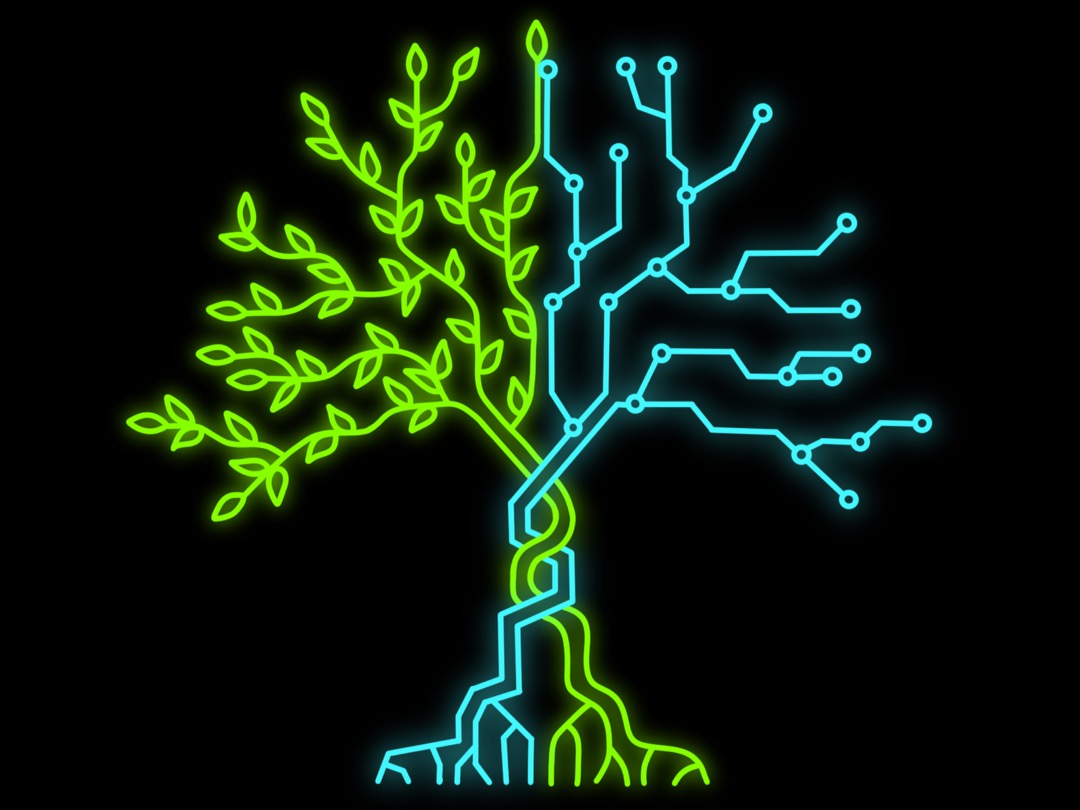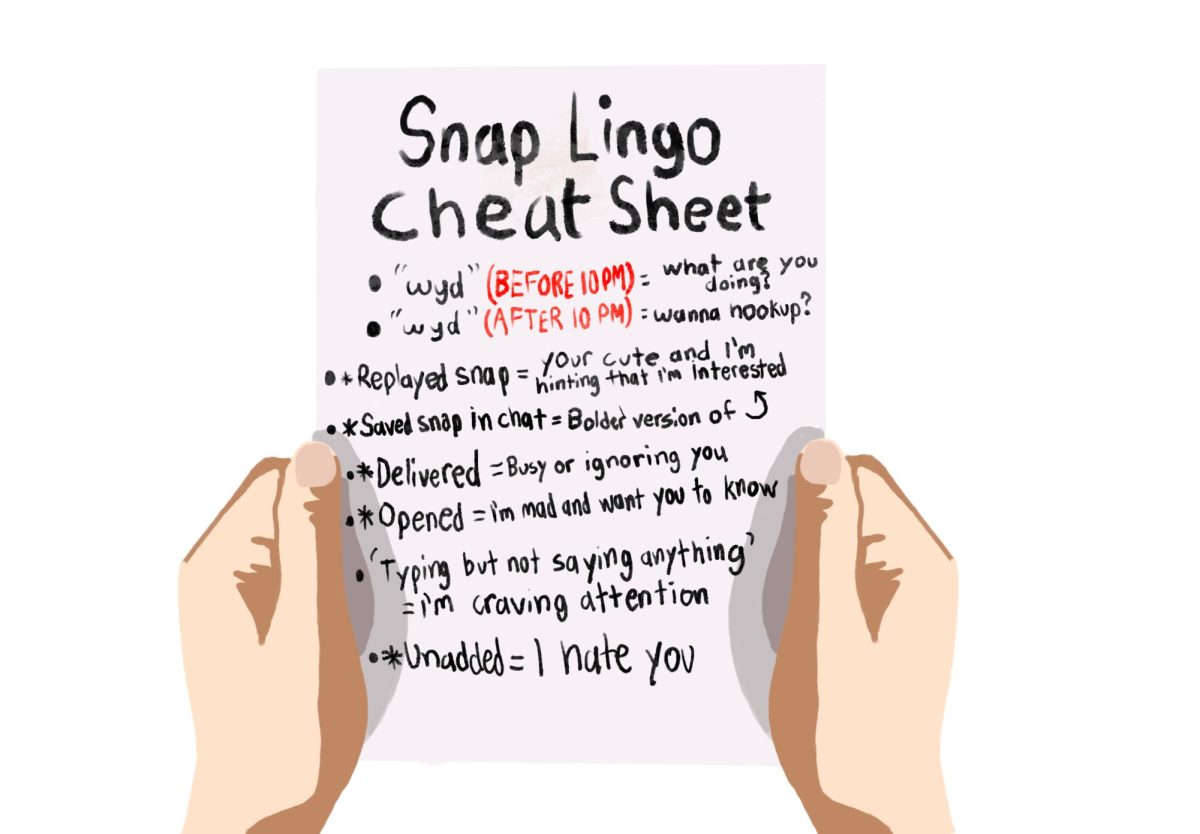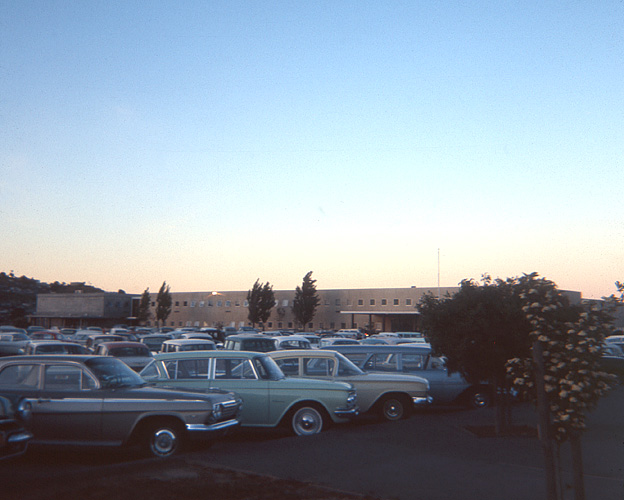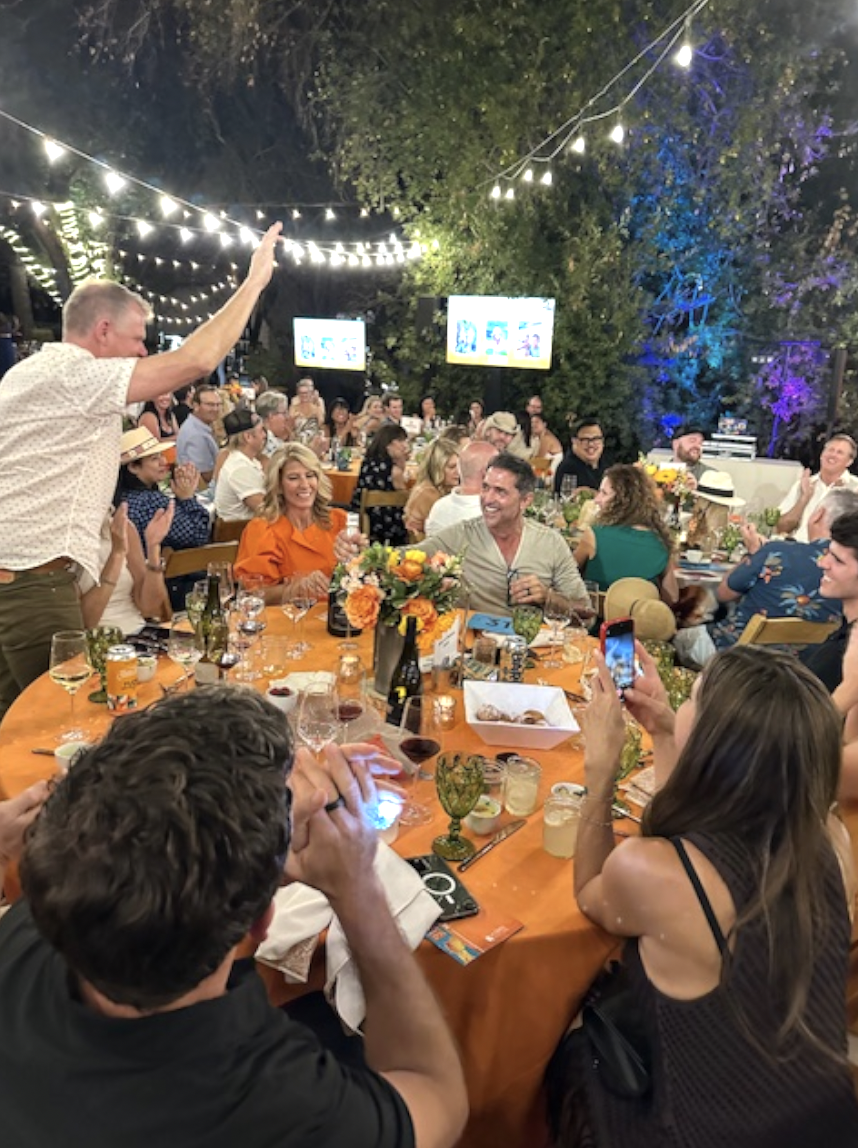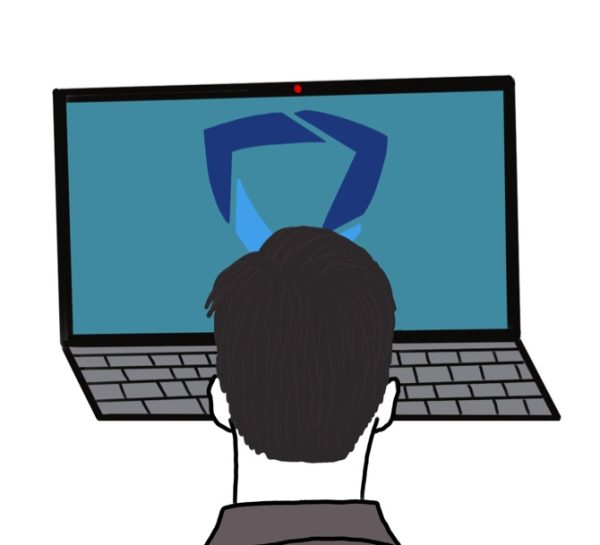Traditionally, politics seems like a topic “only for adults” — too controversial and too confusing, yet also too boring. This can lead many young adults to stray from educating themselves or struggle to find a voice at the table. While politics and current events seem overwhelming, they are not going away anytime soon.
As political polarization plagues the nation, the youth vote and voice become
increasingly impactful in its ability to sway votes, particularly in local politics. According to a study by Tufts University, approximately 11,000 teenagers in the United States turn 18 and become eligible to vote every day.
 Graduated senior Athena Raski, currently attends the University of California Los Angeles majoring in public affairs. She is the former president of the Democrats Club and shared the importance of teen involvement in politics.
Graduated senior Athena Raski, currently attends the University of California Los Angeles majoring in public affairs. She is the former president of the Democrats Club and shared the importance of teen involvement in politics.
“Even if you don’t think current issues will affect you … some are unavoidable, like climate change,” Raskin said. “[However], political leaders right now are old and retiring and the status quo isn’t going to change, so youth need to get involved if they want change to happen.”
While teens are participating in politics more than ever, the majority still lack electoral participation. Since the 2020 presidential election, only half of young people aged 18 to 29 voted. Based on research from Tufts University, this is the most engagement since the 1965 Voting Rights Act lowered the voting age to 18.

The systemic lack of youth participation is the result of numerous factors. Common questions posed by young adults are, “Will my vote change anything?” or “What is the point?” These questions stem from political underinvestment in youth voters, feelings of discouragement and a lack of knowledge. Megan Stone, from the Marin County Elections Department, specializes in voter outreach programs such as the Students Elections Ambassador Program (SEAP) aiming to pre-register young voters. Both Stone and Raskin agree on the reasoning for the lack of investment in student education.
“[A] lack of education on how the voting system works or the impact votes can have, leads people to feel disillusioned that their vote doesn’t matter. But [votes] do matter,” Stone said. “[Additionally], politicians don’t always prioritize reaching out to young people when they’re campaigning, and it shows in the different types of campaign efforts.”
The 2020 elections proved lack of engagement efforts show and the youth vote can make a difference on polls.
“The Democratic Party connected with youth, while the Republican Party didn’t. And that showed in election turnout [when Biden won]. … If you don’t work to win our vote, then we won’t vote for you,” Raskin said.
In that election, more than 60 percent of youth voted with Democrats, according to Politico.
For those willing to engage with politics, challenges can be reduced, starting with local politics. Local politics are the first step of any democratic process and in many ways are equally as impactful as state or national events. Tiburon Mayor Jack Ryan, specified the importance of local politics.
“Being in local politics affects you and can affect your life on a more [individual level], as opposed to some policy getting enacted at the state or federal level that doesn’t necessarily have a tangible effect on your life,” Ryan said.

Youth do not need to be 18 to get involved in their community and make a difference, as Stone further noted.
“Youth need to get involved in voting and civic education at a young age, even before they’re eligible to vote because studies show that people who pre-register at 16 or 17 are more likely to be lifelong engaged voters,” Stone said.
In SEAP, students actively register people to vote and promote youth engagement across Marin. Since SEAP’s inception in 2018, the program has trained 125 student ambassadors and registered or pre-registered over 1000 youths. Across the nation, more teens are creating a new narrative on youth engagement, even if they are too young to vote themselves. Many are now leading demonstrations, making youth involvement a defining issue today. Teens like Raskin are continuously finding more ways to get involved.
“During the 2020 election, my friends and I wrote letters and made calls for Joe Biden’s campaign. I also [participated in] nonpartisan [engagement] because even if we have different values, it’s important to have the resources to know the importance of voting,” Raskin said.
Mayor Blaustein of Sausalito spoke on the effectiveness of voting on a local level.
“Register to vote, just sign up and vote. In 2020, Ian Sobieski, [the current vice mayor of Sausalito] won by [two] votes. It really does make a difference, especially at the local level,” Blaustein said.
Beyond voting and registration, there are other ways for teens to make their voices heard. Throughout Marin, council members, board members and representatives are eager to support youth voices. Mayor Blaustein voiced her encouragement to young people to join the conversation and share their opinions, whether directly to council members or by running for council themselves.
“If you feel like there’s nothing you can do and Congress is out of control … or [you feel like] it doesn’t matter if you vote, I understand. However, if you write just one letter to your city council, we all read them and we think about it when we’re making our decisions,” Blaustein said.
It becomes increasingly important that youth advocate for important political issues and become involved in any way they can. At the local level, youth have opportunities to stand up for their beliefs, which can be as simple as learning about representatives’ policies or meeting your mayor. Despite barriers to politics and the “my voice doesn’t matter” mindset common in youth, youth political participation is more important than ever.
Mayor Lynch of Belvedere noted the significance of youth involvement for the betterment of our communities.
“Make noise. You make noise, mostly when you start voting. But you also make noise by telling your local representatives what is important,” Lynch said. “If you send me an email or call me, you’re shouting at me and now I’m seeing your world.”

